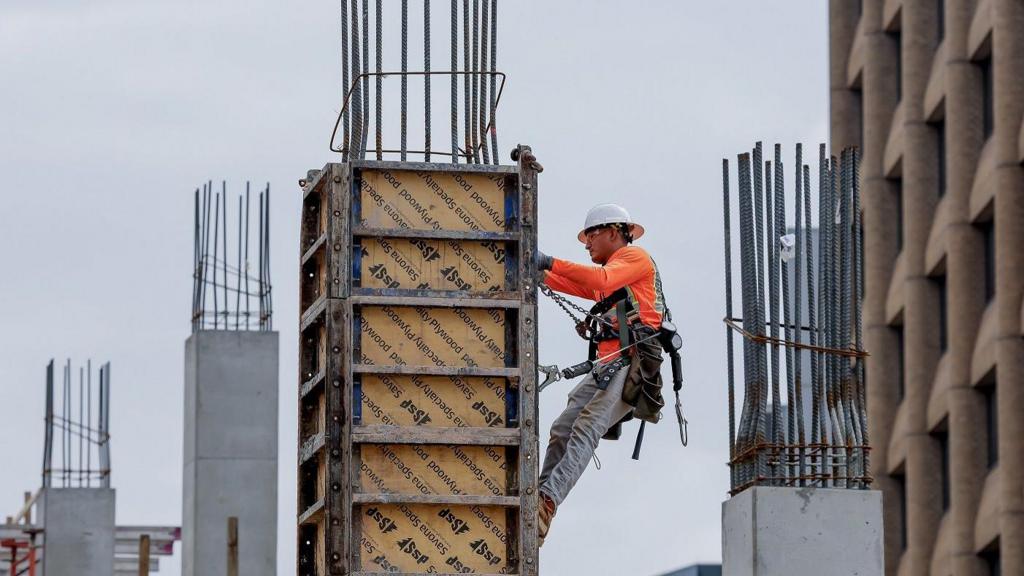The World Bank forecasts the slowest global economic growth in six decades, attributing the deceleration to the lingering effects of Donald Trump’s tariffs.
Growth projections for nearly two-thirds of the world’s nations have been revised downward since the bank’s last assessment six months prior.
Global growth is now projected at a mere 2.3% in 2025, a 0.4% decrease from January’s forecast, and 2.6% in 2027.
The biannual report downgraded growth prospects for major economies including Japan, Europe, and the United States.
The January forecasts predated the Trump administration’s trade policies.
Subsequently, the imposition of a universal 10% tariff on US imports, along with increased tariffs on steel and aluminum, triggered a sharp market downturn in April.
While a trade ruling deemed a significant portion of these tariffs illegal in May, the Trump administration successfully appealed to maintain them.
The World Bank lowered its US growth forecast for 2025 and 2026, citing escalating trade tensions, weakened investor confidence, and reduced private consumption.
Conversely, China’s forecast remained unchanged, reflecting the bank’s assessment of its resilience to global political uncertainty.
The report highlights increased policy uncertainty and trade barriers as significant challenges to the global economic outlook, warning of further negative impacts from potential future trade restrictions.
The bank anticipates further growth reductions should the US escalate tariffs, alongside a warning of rising inflation.
The report suggests that increased tariffs could lead to a global trade standstill in the latter half of the year, potentially triggering a confidence crisis, heightened uncertainty, and market turmoil.
However, the likelihood of a global recession is considered less than 10%.
This report follows a similar downgrade from the OECD, which now projects “modest” global growth of 2.9%, down from the previous estimate of 3.1%.
Meanwhile, new talks aimed at resolving the US-China trade dispute have concluded in London.
Price increases in some sectors were offset by decreases in others, including gasoline, airfares, and clothing.
The world’s two largest economies have agreed on a framework for de-escalating trade tensions.
India and the US initiated trade negotiations prior to Trump’s April 2nd tariff announcements.
Spanish ham and olive oil producers are exploring alternative markets to compensate for reduced US sales.
Further talks are underway to resolve the trade war between the world’s two largest economies.

